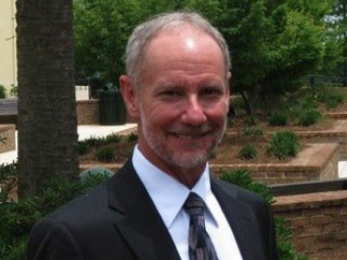An Interview with Catherine Strode
 Legislator Says State Reform Of Long Term Care Gaining Momentum
Legislator Says State Reform Of Long Term Care Gaining MomentumState Representative Dave Young (House District 50) is a recently appointed member of the Community Living Advisory Group. The Group, created by Governor Hickenlooper through an Executive Order, is designed to review the needs of people with disabilities and aging adults for long term services and supports.
by Catherine Strode MPA
|
|||||||||||||
|
For questions or comments contact Catherine Strode at cstrode@advocacydenver.org
|
|||||||||||||

 Catherine Strode is the Policy Consultant to the Health Care Advocacy Program. She holds a Masters in Public Administration with an emphasis in Health Care Policy. Formerly the Coordinator of the HCAP Program, Catherine publishes Policy Perspective, featuring interviews with state legislators
Catherine Strode is the Policy Consultant to the Health Care Advocacy Program. She holds a Masters in Public Administration with an emphasis in Health Care Policy. Formerly the Coordinator of the HCAP Program, Catherine publishes Policy Perspective, featuring interviews with state legislators